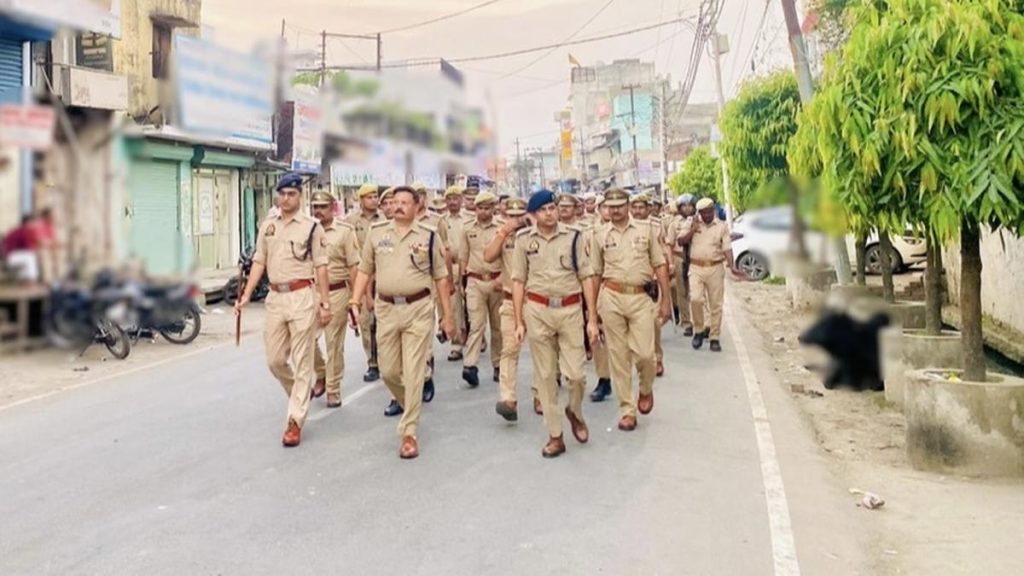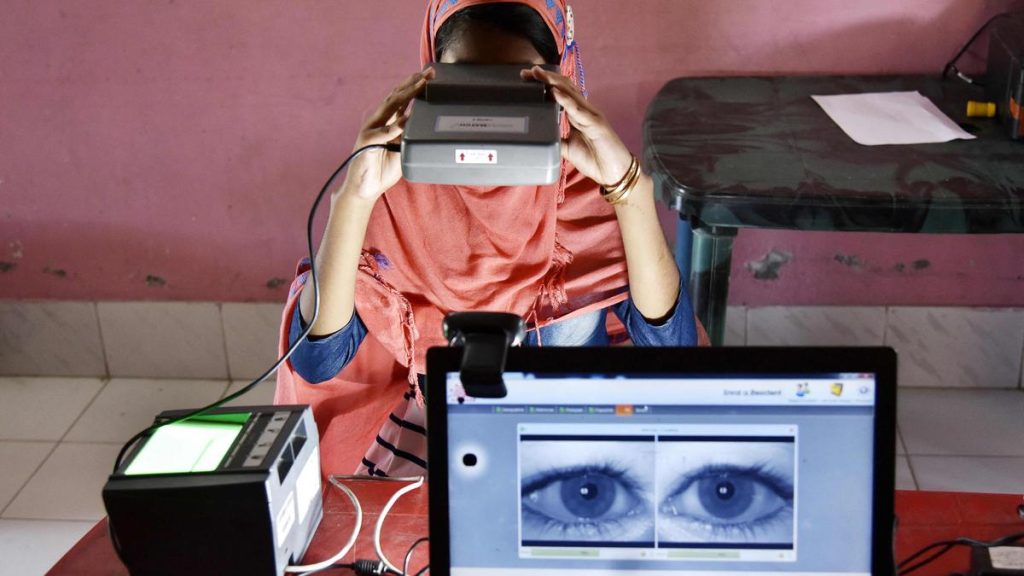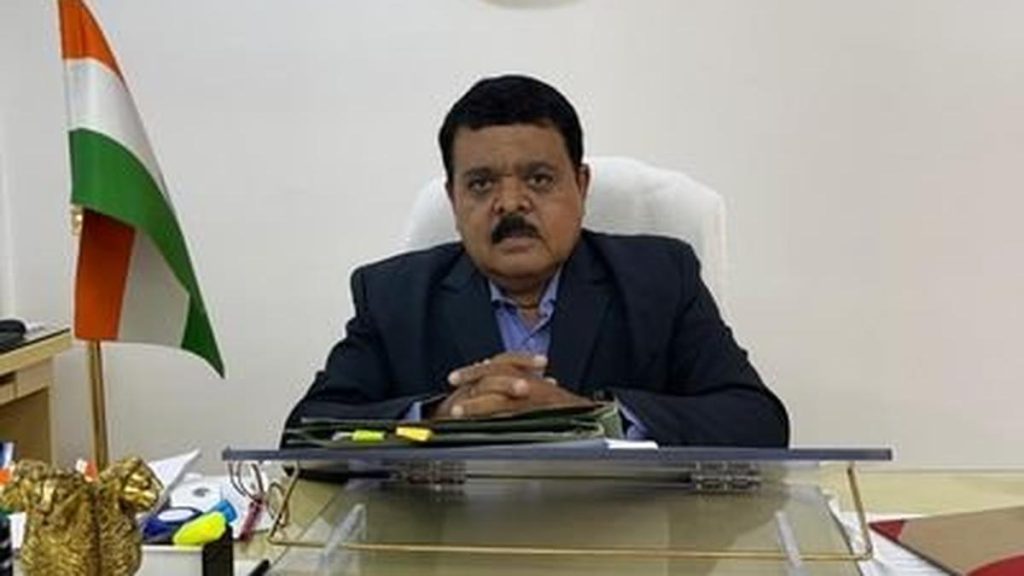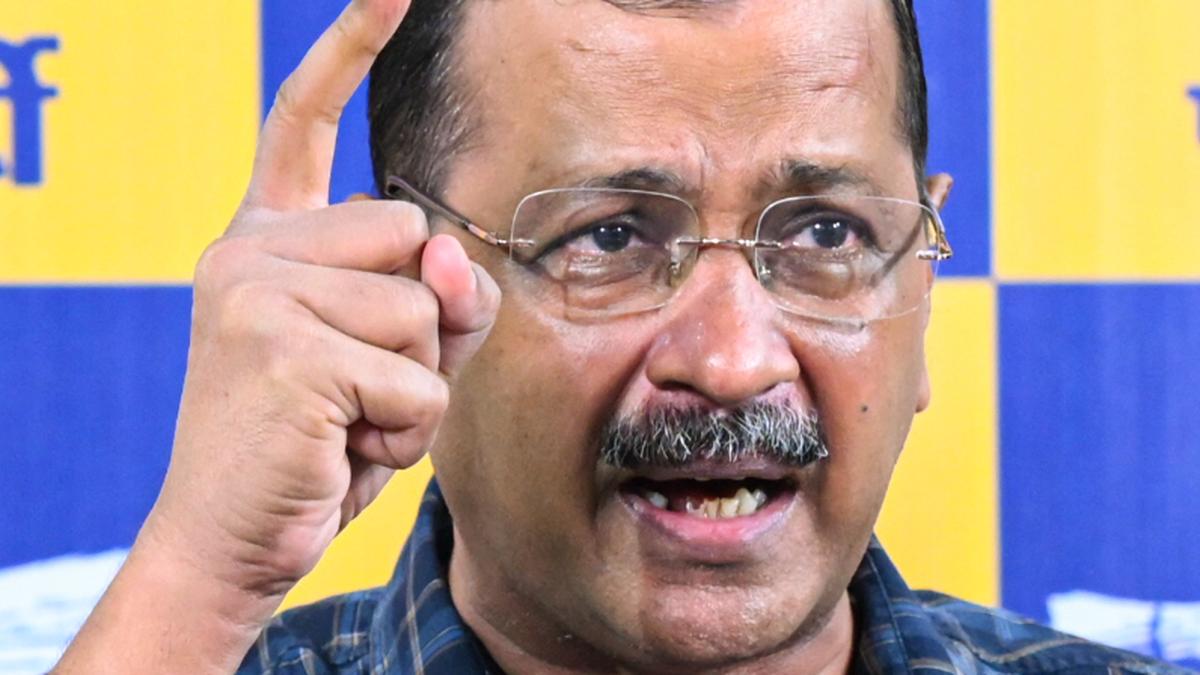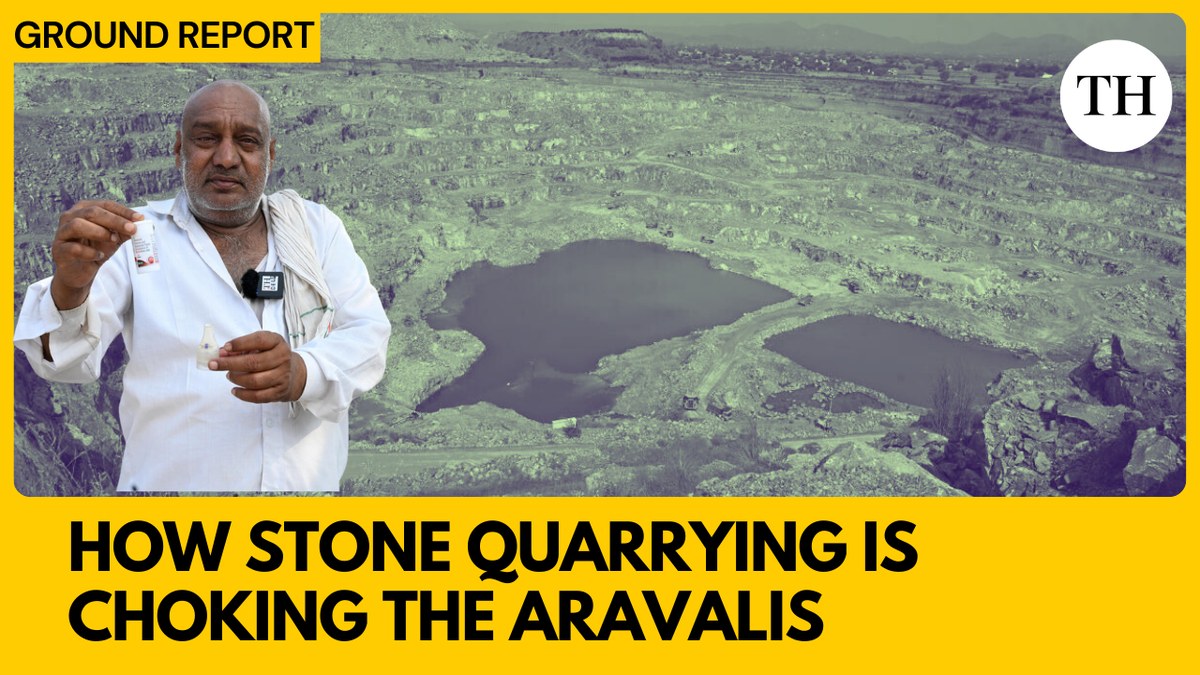Now Reading: CPI(M) Launches Probe Into Mobile Clip Alleging Thrissur Leadership’s Profiteering
-
01
CPI(M) Launches Probe Into Mobile Clip Alleging Thrissur Leadership’s Profiteering
CPI(M) Launches Probe Into Mobile Clip Alleging Thrissur Leadership’s Profiteering

Quick Summary
- The CPI(M) launched an internal inquiry into the leak of a mobile phone audio recording allegedly implicating its Thrissur leadership in “multi-crore corrupt” dealings.
- The viral audio clip has been attributed to Sarath Prasad, CPI(M) district committee member and DYFI district secretary.
- The recording alleges that MLA A.C. moideen and ex-legislator M.K. Kannan profited from questionable political deals.
- Opposition UDF used the controversy to attack the ruling LDF ahead of the Legislative Assembly session starting September 15.
- Leader of Opposition V.D. Satheesan accused CPI(M) of being a “collective of robber barons” and linked its leadership to the ₹400 crore Karuvanoor Cooperative Bank scam that affected depositors’ savings.
- Opposition also alleged CPI(M)’s collusion with BJP in 2024 lok Sabha elections for derailing ED inquiry into banking fraud claims in Thrissur.
- A.C. Moideen refuted allegations, claiming financial transparency through party audits, while M.K. Kannan challenged Congress to provide evidence backing their claims.
- LDF convenor T.P. Ramakrishnan dismissed Congress allegations as baseless election propaganda but assured proper investigation by party leadership.
Indian opinion Analysis
The unfolding controversy surrounding alleged corruption within CPI(M)’s Thrissur leadership points toward heightened political tensions ahead of Kerala’s legislative assembly session and broader electoral contests like the 2024 Lok Sabha elections. If substantiated, allegations about profiteering could further mar public trust following high-profile scandals like the Karuvanoor Cooperative Bank scam.
While both sides-CPI(M) and opposition UDF-appear entrenched in rhetorical exchanges, broader implications include possible impacts on voter sentiment in central Kerala regions where trustworthiness has become critical following financial scandals affecting depositors’ livelihoods.
CPI(M)’s commitment to initiating an internal probe signals recognition that this issue needs addressing swiftly; though, public perception will likely depend on whether such inquiries are seen as genuine or performative amidst mounting political pressures.
The focus on major scams hints at growing scrutiny over cooperative banking systems’ management practices across India-a reflection worth exploring for wider governance reforms beyond partisan politics.


